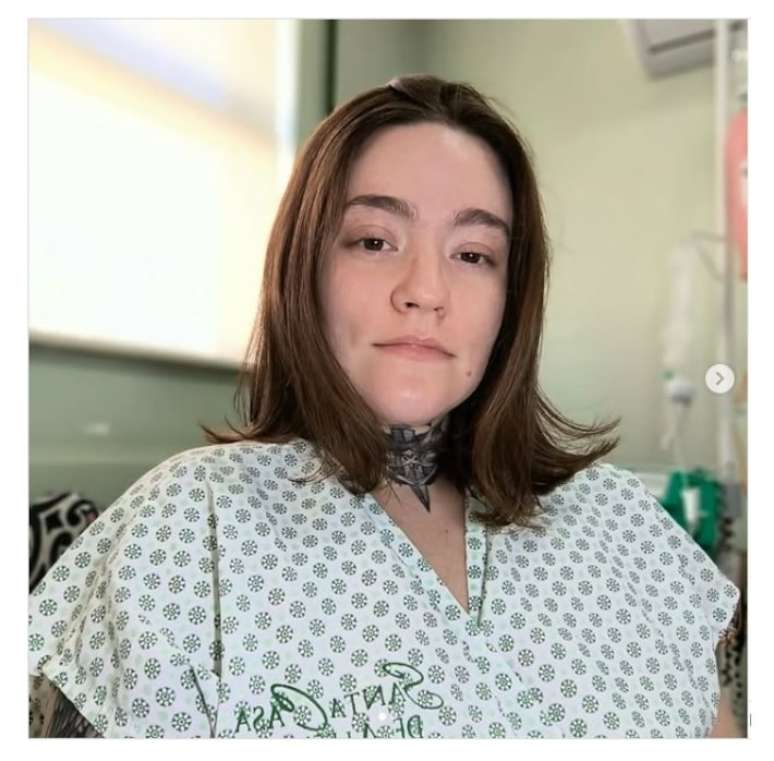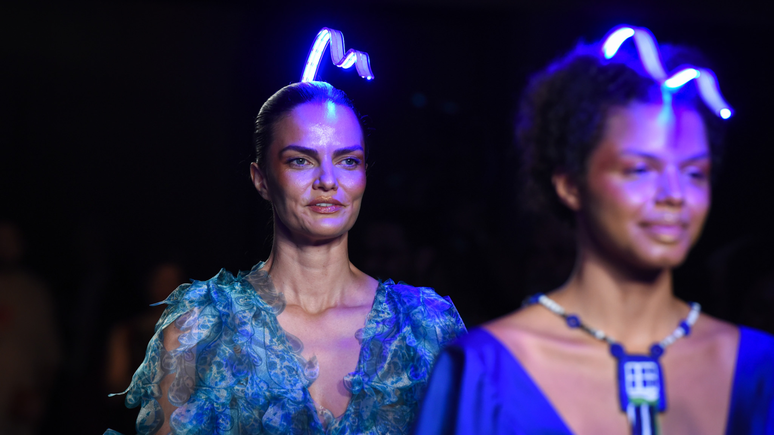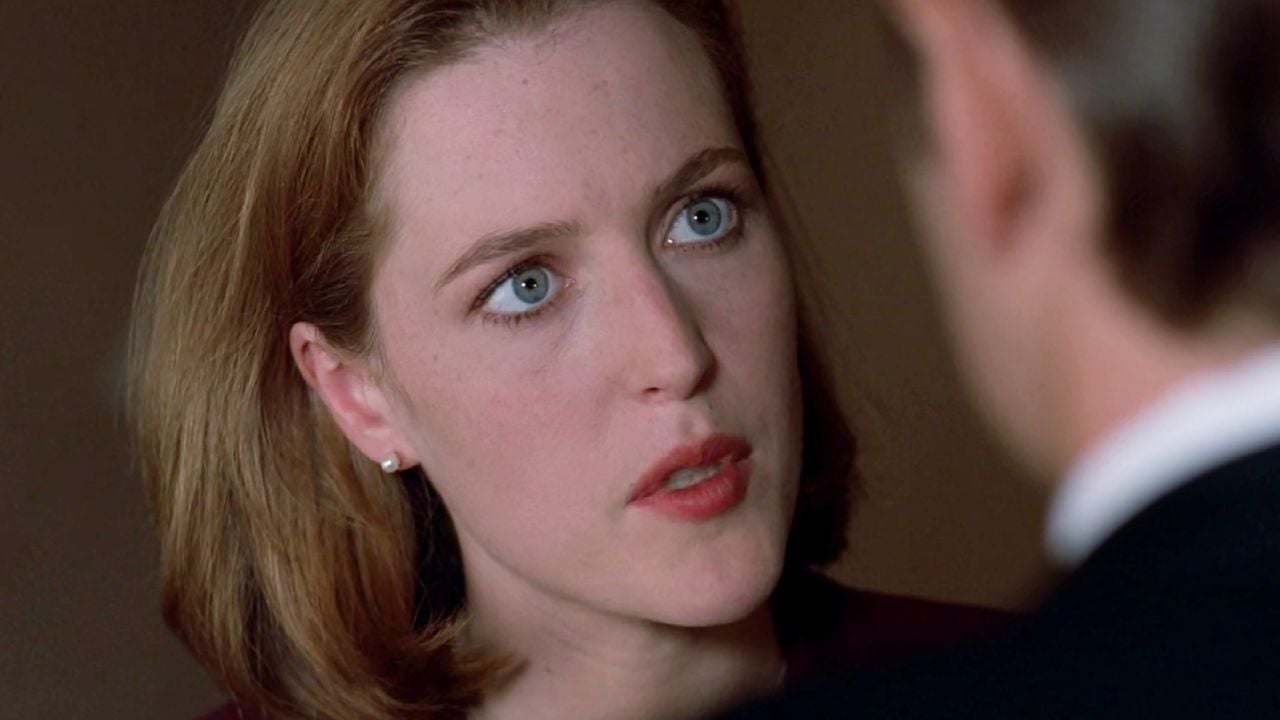The study states that black women suffer more and receive less treatment than white women
Although black patients experience more menopausal symptoms, they are more likely to normalize suffering and receive less treatment. This is what a study presented this week at the annual meeting of the Menopause Society in the United States shows.
Previous research has indicated that black women may experience more severe hot flashes and other symptoms characteristic of menopause than white women.
The current one was based on data from nearly 66,000 middle-aged women (a high percentage of whom were black) and sought to determine whether there were racial disparities in the prescribing of hormone therapy.
Despite the high percentage of women of color among the study participants, there was a surprisingly low rate of documented menopausal symptoms (11%) compared to previous reports of up to 80%. The researchers theorized that this low rate could be related to:
- omission by patients;
- lack of questions from doctors;
- or lack of documentation of menopause symptoms by professionals.
Study co-author Sally MacPhedran, an associate professor at Case Western Reserve University, says the findings solidified what she had already noticed in clinical practice: Many Black women normalize menopausal symptoms, even when their quality of life is compromised.
Mental disorders and menopause symptoms
The data also confirmed that women suffering from psychiatric conditions are more likely to have menopausal symptoms than those without mental health problems. Likewise, women with menopausal symptoms are more likely to have a psychiatric condition. These findings support previous reports that one problem can exacerbate the other.
Further data showed that a higher percentage of women with menopausal symptoms and associated psychiatric conditions receive hormone therapy compared to women who have menopausal symptoms but have no associated psychiatric conditions.
Lead author Danette Conklin, an assistant professor of psychiatry and reproductive biology at the university, believes that education about menopause can help women understand that they are not going crazy at this stage or experiencing a depressive or manic episode.
Hormone therapy is rarely prescribed
The researchers also found that, overall, hormone therapy is underprescribed across all patient groups. However, black women with comorbid psychiatric conditions still receive less hormone therapy than white women.
In fact, white women with psychiatric conditions and menopausal symptoms are 40% more likely to be prescribed hormone therapy than black women—a huge disparity.
The findings reinforce the importance of healthcare providers asking patients about specific menopause symptoms and discussing options so they can have a better quality of life. And most importantly, it is essential that black and white women have the same access to care.
Source: Terra
Ben Stock is a lifestyle journalist and author at Gossipify. He writes about topics such as health, wellness, travel, food and home decor. He provides practical advice and inspiration to improve well-being, keeps readers up to date with latest lifestyle news and trends, known for his engaging writing style, in-depth analysis and unique perspectives.








